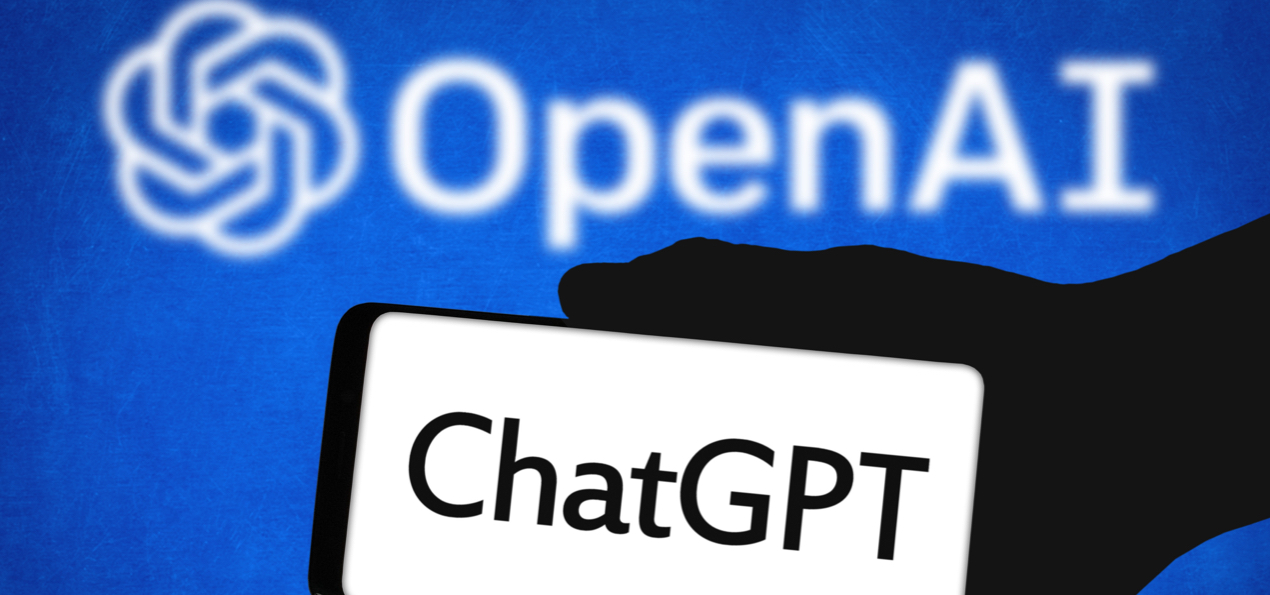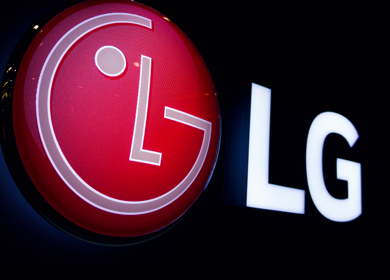Generative AI regulations are on the horizon: marketers, gear up to play by the rules!
Published: June 02, 2023

With the viral reach of OpenAI’s generative AI tool, the concept of generative AI has gained phenomenal attention in the tech industry. Every tech leader is betting big on the potential of generative AI and coming up with interesting generative AI tools and features to transform the way businesses, especially the ad industry, operate.
However, with recent moves by the Centre for AI Safety, it is clear that the ad industry's use of AI for business may soon face interruptions.
To put it in detail, the Centre for AI Safety recently issued a statement warning of the "extinction"-level hazards that AI presents to humanity, which was jointly signed by over 350 of the industry's top developers.
One of those supporters, OpenAI CEO Sam Altman, testified before Congress last month, urging the committee to immediately regulate the artificial intelligence (AI) revolution that has taken hold of the advertising industry in recent months.
The European Union is working on its own policies in order to set up a system for compliance so that different countries do not have to act in isolation.
Needless to mention, Italy recently banned ChatGPT due to privacy concerns. And access had been restored only after OpenAI made changes to the platform, such as adding an age verification tool to the registration process.
While it is not certain how Congress plans to govern AI, experts told Ad Age that brands can take steps now to be ready for whatever comes next.
Here are some of the opinions shared by industry experts:
In the midst of this impending policy, brands face major disruptions to the ways they've grown accustomed to using AI. Brands are experiencing "paralysis" over how to responsibly activate these tools, despite being aware of the numerous problems posed by these tools.
Kai Tier,
VP, R/GA
Salesforce, which has launched a CRM-focused AI model called Einstein GPT, expects regulators to consider how generative AI would engage with existing data protection laws in order to mitigate harm to users.
Hugh Gamble,
Salesforce’s VP of Federal Affairs
How should marketers take this?
With the development of generative AI tools booming in the industry and making marketers lives easier, louder calls for regulation of their use are more likely to annoy brands and marketers, who are accustomed to using generative AI tools however they want.
While it is undeniable that AI has the potential to reshape the way businesses operate, we believe it is equally important for businesses to use AI technologies responsibly and to implement appropriate safeguards to avoid the risks and harms associated with AI usage.
Here are a few of the impacts we believe generative AI regulations will have on marketers and businesses:
- Once regulations are in place, marketers must ensure that their use of generative AI is strictly compliant. This may include obtaining specific permissions to perform specific actions, adhering to data protection guidelines, and implementing measures to mitigate any negative outcomes generated by AI systems. This may slow down their work pace, require them to navigate complex approval processes, or put them in situations where they are unable to perform specific actions that they previously performed.
- The new regulations may require marketers to use transparent and explainable AI systems in marketing. Marketers should check that the AI algorithms they use are capable of offering clear justifications for the generated content. This may necessitate additional efforts in designing comprehensible AI systems to offer clarification to consumers when requested.
- To ensure that their AI systems are not engaging in any deceptive practises or manipulation, marketers may need to conduct regular audits, adopt ethical frameworks, or get restrictions on the use of personal data. Which, in turn, could impact the creation and execution of AI-driven marketing campaigns.
- The implementation of regulations will necessitate marketers adhering to stricter guidelines. Hence, marketers will have limited flexibility and ability to play around with new AI techniques or swiftly adjust to evolving market trends. As a result, the regulations will possibly slow down AI-driven marketing innovation.
Although the regulations seem to pose several challenges to brands and marketers, following the regulations is crucial for them to maintain a healthy distance from copyright issues and use AI for the benefit of humanity. To put it positively, by effectively navigating the regulatory landscape, brands may easily gain consumer trust, differentiate themselves from competitors, and use it as a selling point to attract customers towards them.
In other words, as the deadline for marketers to use generative AI in accordance with regulatory standards is nearing, it is critical for marketers and brands to focus on implementing their own regulatory standards for using generative AI tools in practise in order to get prepared for the new game.










Be the first one to comment.